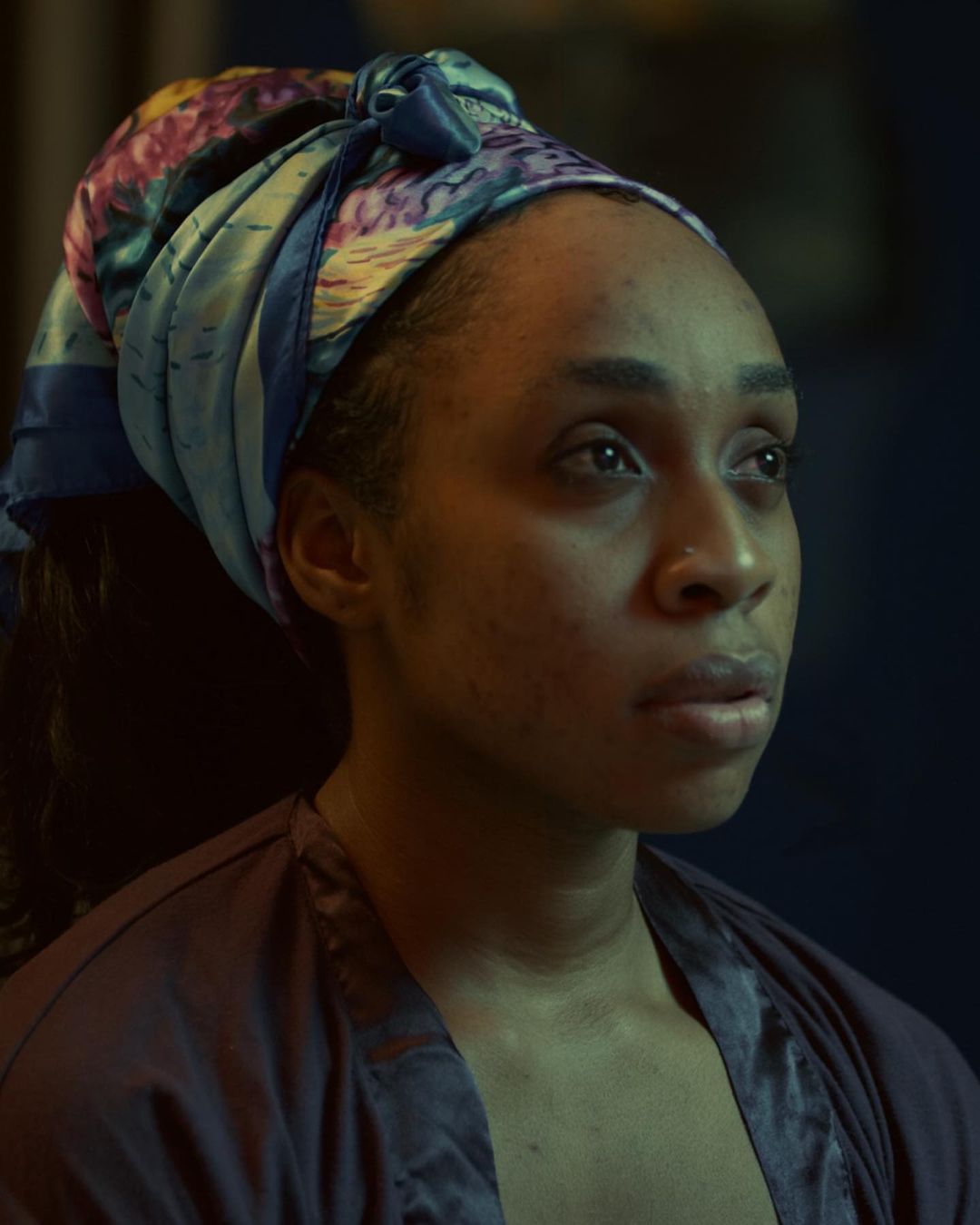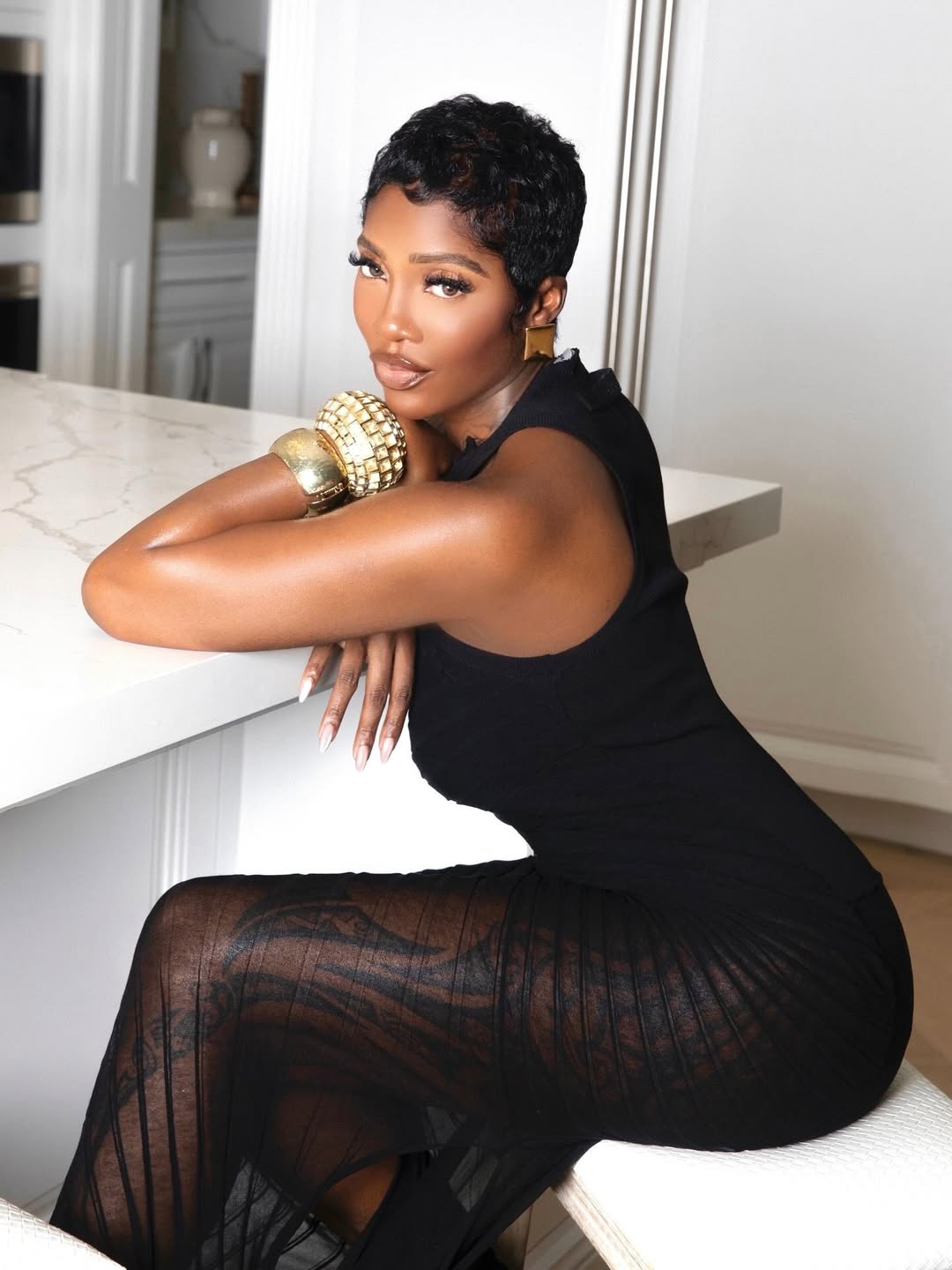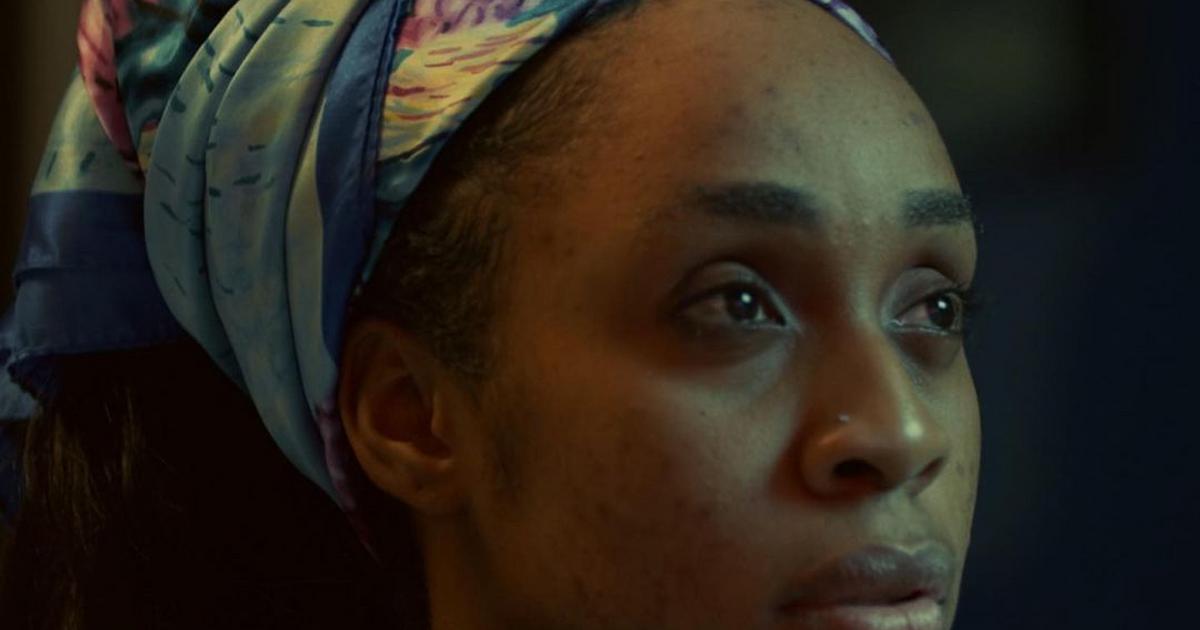
Like other film industries, Nollywood has consistently served as a voice and catalyst for societal change. By addressing social issues, whether explicitly or implicitly, Nollywood has proven to be a powerful medium for speaking important conversations and inspiring change.
This month began on a traffic note for women in Nigeria, following the shocking abduction and murder of Christianah Idowu, a University undergraduate. On September 4, 2024, the news of her kidnapping, murder, and burial in a shallow grave by the 23-year-old Ayomide Adeleye flooded the internet. Soon after another case surfaced, the death of 33-year-old Ugandan Olympic athlete Rebecca Cheptegei, who was set ablaze by her partner.
These tragedies remind Nigerians of similar cases, such as Ini Umoren, the job seeker kidnapped and killed in 2023 by Uduak Akpan a male University student, Deborah Yakubu, who was mobbed by Islamic fanatics in Sokoto in 2020, Augusta Osedion whose male lover was murdered, Best Nnanyereugo, also known as “Kilaboi, Justina Otuene who was murdered by her boyfriend, Damian Okoligwe, prominent gospel singer Osinachi Nwachukwu who died in a hospital in Abuja after she was allegedly beaten and kicked in the chest by her husband and manager, Peter Nwachukwu, Vera Uwaila ‘Uwa’ Omozuwa, a 20-year-old student at the University of Benin was raped and killed in a Church in Edo state, Bakarat Bello who was discovered raped and stabbed to death, her body laying lifeless behind her parents’ home in Ibadan, and Bamise Ayanwola, a tailor in Lagos was allegedly raped and murdered in by a bus driver Andrew Omonikoron, whose vehicle she had boarded on her way to visit family. The list goes on.
Despite growing awareness and advocacy, online conversations about these killings often veer toward victim-blaming, while excusing or justifying the actions of the perpetrators. In a country where femicide is on the rise, it’s crucial to continue addressing these issues head-on.
However, beyond its entertainment value, Nollywood has become a powerful tool for social commentary, addressing pressing issues affecting millions of Nigerians. Through compelling narratives and strong performances, filmmakers are contributing to the ongoing discourse on gender equality and women’s rights.
Here are four Nollywood films that effectively highlight the harsh realities of gender-based violence, each offering a unique perspective on the struggle for justice and change.
1. Dry
Directed by Stephanie Okereke-Linus this 2014 drama is based on true-life accounts, focusing on the impacts of child marriage. The film centers on the story of a 13-year-old girl, Halima, whose poor uneducated parents marry her off to Sani, a 60-year-old man who frequently rapes her in the “marriage.” Halima becomes pregnant and suffers Vesicovaginal Fistula (VVF) after child delivery. She begins to experience involuntary urination causing her to smell, and consequently, abandoned by her husband and discriminated against in her community. Zara, a medical doctor with a similar traumatic childhood, meets Halima and tries to help her and other young women and girls facing similar experiences.
The film stars Zubaida Ibrahim Fagge, Stephanie Okereke, Liz Benson, William McNamara, Darwin Shaw, Paul Sambo, Olu Jacobs, Rahama Hassan, Hauwa Maina, Rekiya Ibrahim, Hakeem Hassan, Tijjani Faraga, Klint da Drunk, and Vineeta Pathak
2. October 1
The movie was set in pre-Nigerian independence. When the country is about to gain its independence, many women are found murdered. A detective is assigned the responsibility to catch the murderer before Independence Day The film’s theme focuses on unraveling the story of the rapes and murders of women in Akote Town, in Ibadan, perpetrated by the only son of the Oba of Akote Town. The movie further explores the story of the prince, who himself was subject to sexual abuse at school, while highlighting the perpetrators of sexual and gender-based violence, particularly those in positions of power and authority, walking away unpunished.
Written by Tunde Babalola, the film stars Sadiq Daba, Kayode Aderupoko, Demola Adedoyin, Kehinde Bankole, Kunle Afolayan, Fabian Adeoye Lojede, Kanayo O. Kanayo, Ibrahim Chatta, Bimbo Manuel, Femi Adebayo, Abiodun Aleja, Nick Rhys, Deola Sagoe, David Bailie, Colin David Reese, Lawrence Stubbings, Ifayemi Elebuibon, and Meg Otanwa
3. Wildflower
This film tells the story of 3 three women living in the same compound, experiencing different forms of assault from the men around them.
24-year-old Rolake Dabiri, who is amongst these women decides enough is enough as she speaks up and revolts against these men. These women are played by Damilare Kuku (Rolake), Toyin Abraham (Mama Olisa), and Sandra Okunzuwa (Ada Olisa). This film directed by Biodun Stephen sheds light on sexual abuse and violence against women to educate the public on its dangers and to encourage society to report perpetrators of the crime.
Other casts members are Jide Kosoko, Zubby Micheal, Deyemi Okolawon, Kachi Nnochiri, Kiki Omeili, Imoh Eboh, Etinosa Idemudia, Angel Unigwe, Eso Dike, Babarex, and Nini Mbonu.
4. The Delectable Azeezah Sama
Produced by Desmond Ebuwa Ekunwe and Fisayo Ojabodu this short film follows a prolific figure, Azeezah Sama. Despite being loved by the public, she endures severe abuse from her controlling partner. He interrupts an important interview where she consequently has to put up a performance to cover up her situation. Available on Youtube and Directed by Tochi Onwubiko and Orobosa Ikponmwen, the film stars Nonso Ekemezie, Isoken Aruede, Bobby Ekpe, and Tomisin Osinubi.






